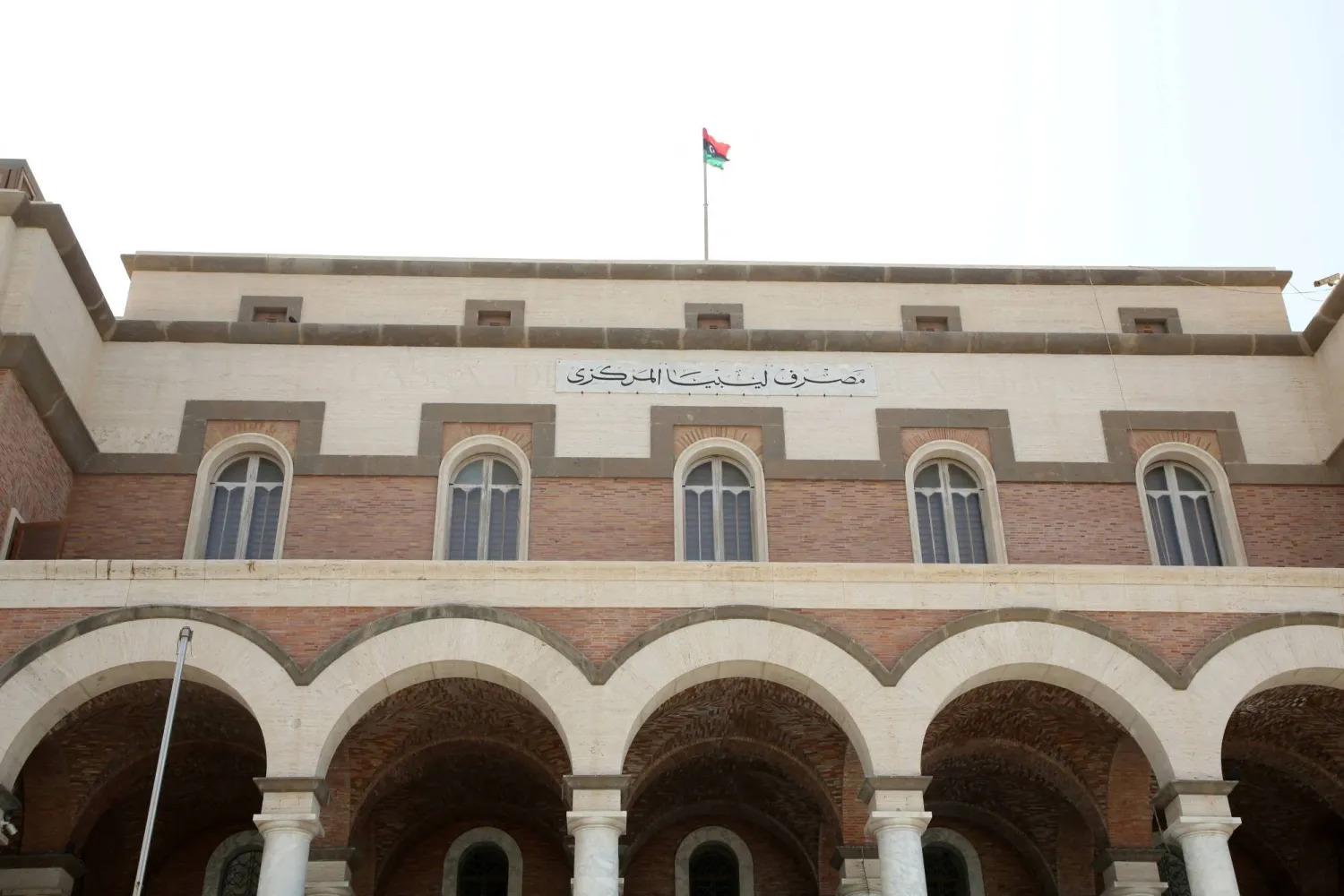The top UN official in Libya warned Tuesday that the political, military and security situation in the country has deteriorated “quite rapidly” over the past two months – and without renewed political talks there will be greater instability.
Stephanie Khoury painted a grim picture to the UN Security Council of rival government forces unilaterally making military moves toward each other in July and August.
Khoury warned the council that “unilateral acts by Libyan political, military and security actors have increased tension, further entrenched institutional and political divisions, and complicated efforts for a negotiated political solution.”
On the economic front, she said, attempts to change the Central Bank governor are fueled by the perception of political and security leaders, and ordinary Libyans, that the bank “is facilitating spending in the east but not in the west.”
Khoury told council members “the status quo is not sustainable.”
“In the absence of renewed political talks leading to a unified government and elections you see where this is heading — greater financial and security instability, entrenched political and territorial divisions, and greater domestic and regional instability,” she warned.
Khoury said the UN political mission in Libya is focusing on de-escalating tensions and is proposing talks as a first step "to develop a set of confidence-building measures between all parties to bring an end to unilateral actions and create a more conducive environment for resuming the political process.”









